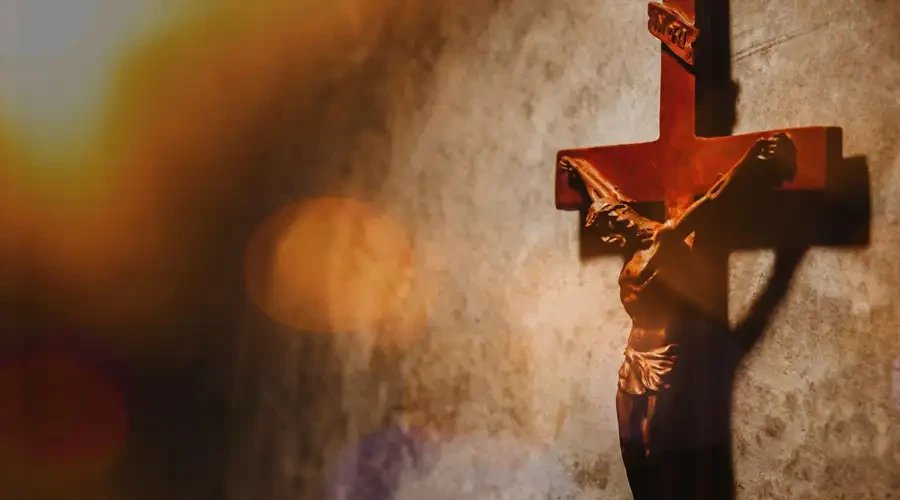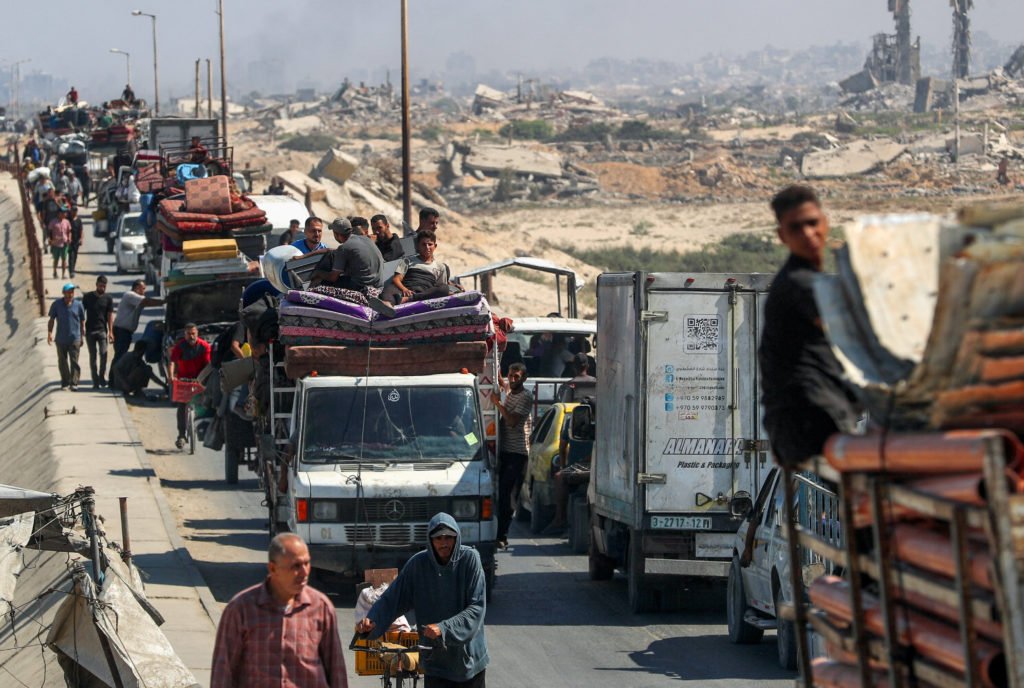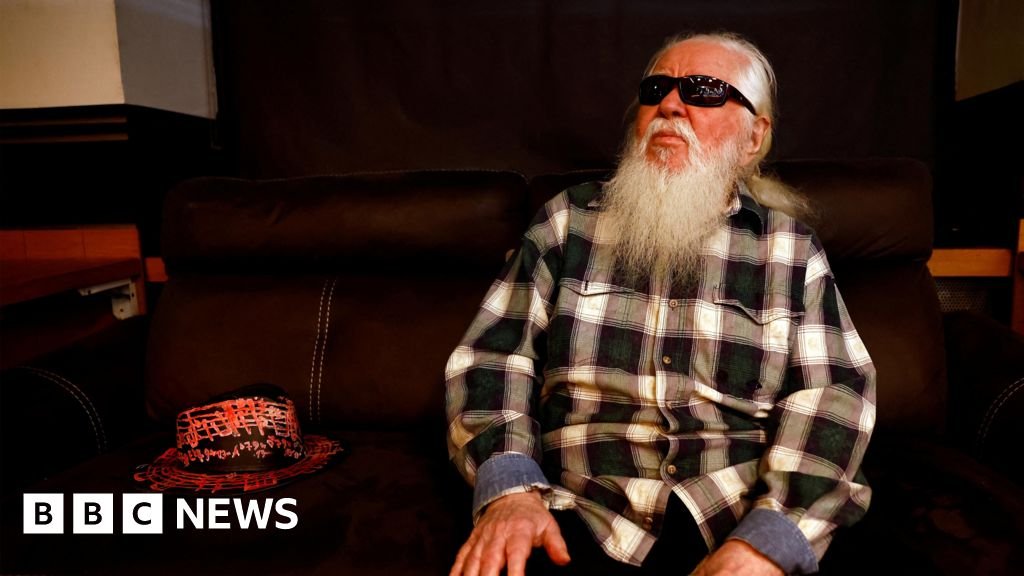ACI MENA, Sep 14, 2025 /
08:09 am
The death of Milad Farakh, a member of the Melkite Greek Catholic community from the village of Kafra in Syria’s Valley of Christians (Wadi al-Nasara), has stirred controversy on social media. About two weeks after his arrest and transfer to the Balouna Prison in Homs on charges of selling spoiled meat, reports emerged recently that he had died under torture, based on leaks.
A local source told ACI MENA, CNA’s Arabic-language news partner, that the “spoiled meat” charge (Farakh was a butcher) was merely a cover to prevent unrest in the region. The source added that the security services themselves admitted Farakh had died under torture and issued an official apology. The officer responsible for interrogating him was also detained.
At the same time, the source stressed that media claims of “persecution of Christians” in Wadi al-Nasara do not reflect reality.
“We have never felt any direct targeting. Relations between the local community and the security services are built on coordination, especially with the church authorities. Speaking of persecution here is inaccurate.” He summarized the main problems faced by detainees during investigations involve three things: denial of communication with their families, lengthy interrogation periods, and the use of torture.
From the perspective of Syrian security services, Farakh’s real charge was collaboration with foreign actors.
“The authorities told us they had photos, videos, and audio recordings implicating him in the bombing of a car near the Valley Hotel about a month ago (officially attributed at the time to a fuel tank explosion), as well as in planting an explosive device in another location,” the source told ACI MENA. “He was also accused of receiving explosives and coordinating with outside groups to provoke media outrage and frame the events as persecution of Christians in Wadi al-Nasara, in order to establish an opposition front in the region.”urc
Despite these accusations, the source concluded: “We cannot confirm either his involvement or his innocence. He died before his side of the story could be heard or before a fair trial could take place.”
In a related development, the nearby city of Qusayr in Homs province recently witnessed a wave of arrests. Initially, they were described as an attempt to drive out Christians. Later it was learned that 30 people had been detained, most of them Muslims (both Sunnis and Alawites). Some have since been released, while about 15 remain in custody, including seven Christians, facing charges ranging from murder and rape to falsifying property records, according to the Syrian Ministry of Interior.
This story was first published by ACI MENA, CNA’s Arabic-language news partner, and has been translated for and adapted by CNA.





